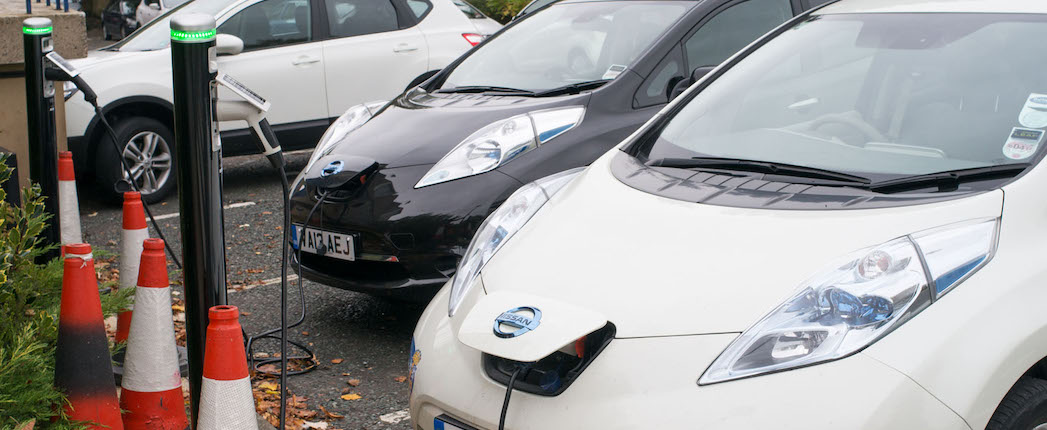
UK electric vehicle policy has evolved over the past two decades as zero- and low-emissions vehicles have steadily gained market share. In March 2023, the United Kingdom government launched the Zero-emissions Vehicle mandate. The mandate sets out yearly sales targets for original equipment manufacturers from 2024 until 2030. It culminates in all new car and van sales being zero emissions. Next year, in 2024, 22% of cars and 10% of vans must be ZEVs, rising to 80% and 70% in 2030, respectively.
In September the same year, UK Prime Minister Rishi Sunak stunned environmentalists and climate scientists when he pushed the date back for the ban by five years to 2039 a u-turn on the policy.
The ZEV Mandate takes the baton from the Plug-in Car Grant. Launched in 2011, it awarded grants of up to £5,000 off the list price of a new zero-emission car. Plug-in hybrids qualified for smaller grants in 2018. The grant was reduced to £1,500 in 2021 as EVs gained market share
The number of EVs registered in the UK shot up from fewer than 1,000 to hundreds of thousands in a decade. As EVs hit the mainstream, the government gradually reduced the PiGC to £1,500 by the end of 2021, ending it completely for private cars in June 2022.
The Plug-in Van grant is still on offer to commercial drivers. Small vans are eligible for up to £2,500 as long as it has a gross vehicle weight of less than 2,500 kilograms emit less than 50 grams per kilometer of carbon dioxide offer a range of at least 60 miles.
In 2020, the private use of company cars benefitted from a minimum tax rate of 0%, which increased to 1% in 2021 and 2% in 2022. EVs are also exempt from London’s daily congestion zone charge of £11.50 and ultra-low emission zone charge of £12.50 until December 2025.

Sorry, a technical error occurred and we were unable to log you into your account. We have emailed the problem to our team, and they are looking into the matter. You can reach us at cs@lubesngreases.com.
Click here link to homepage